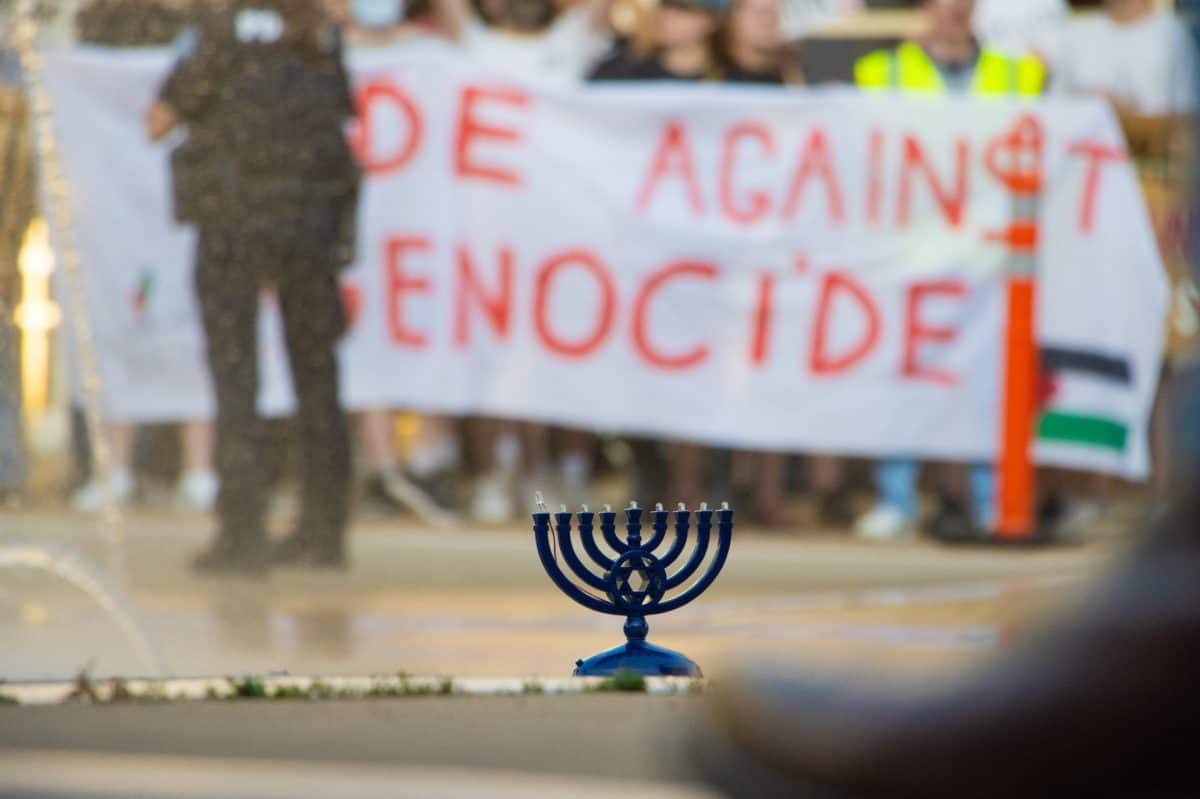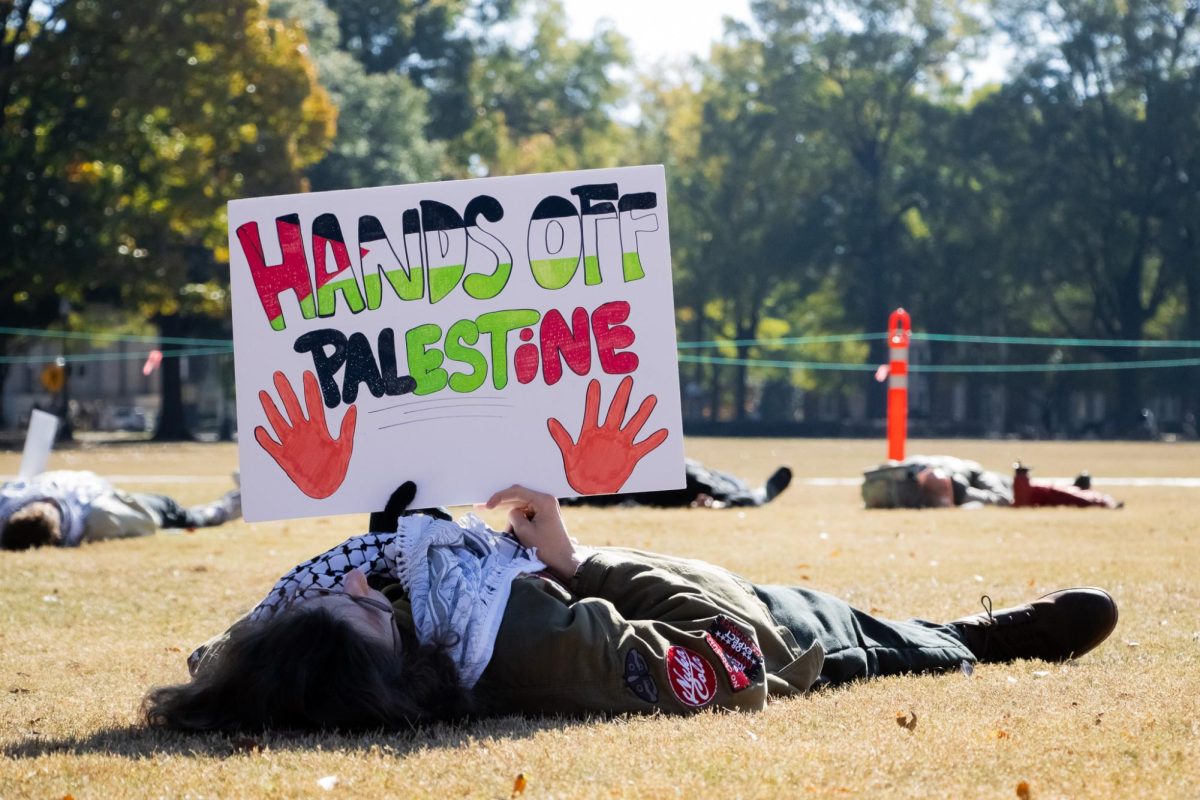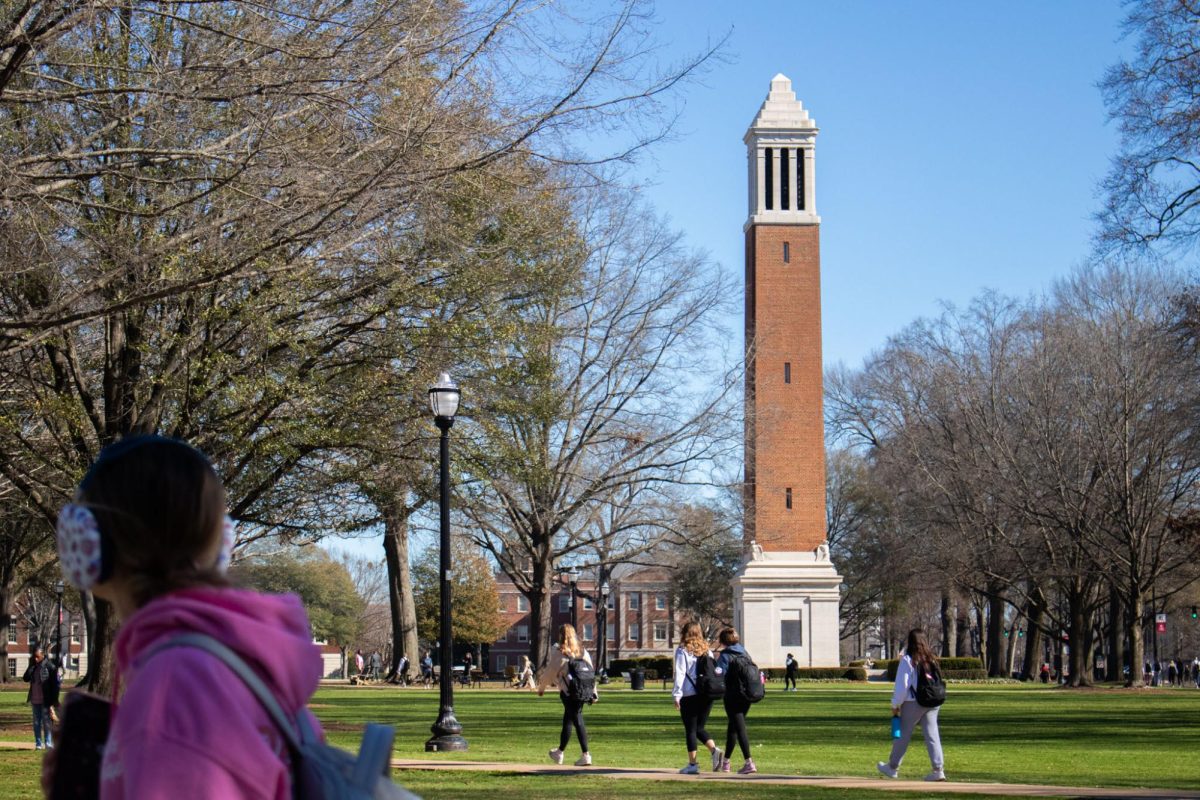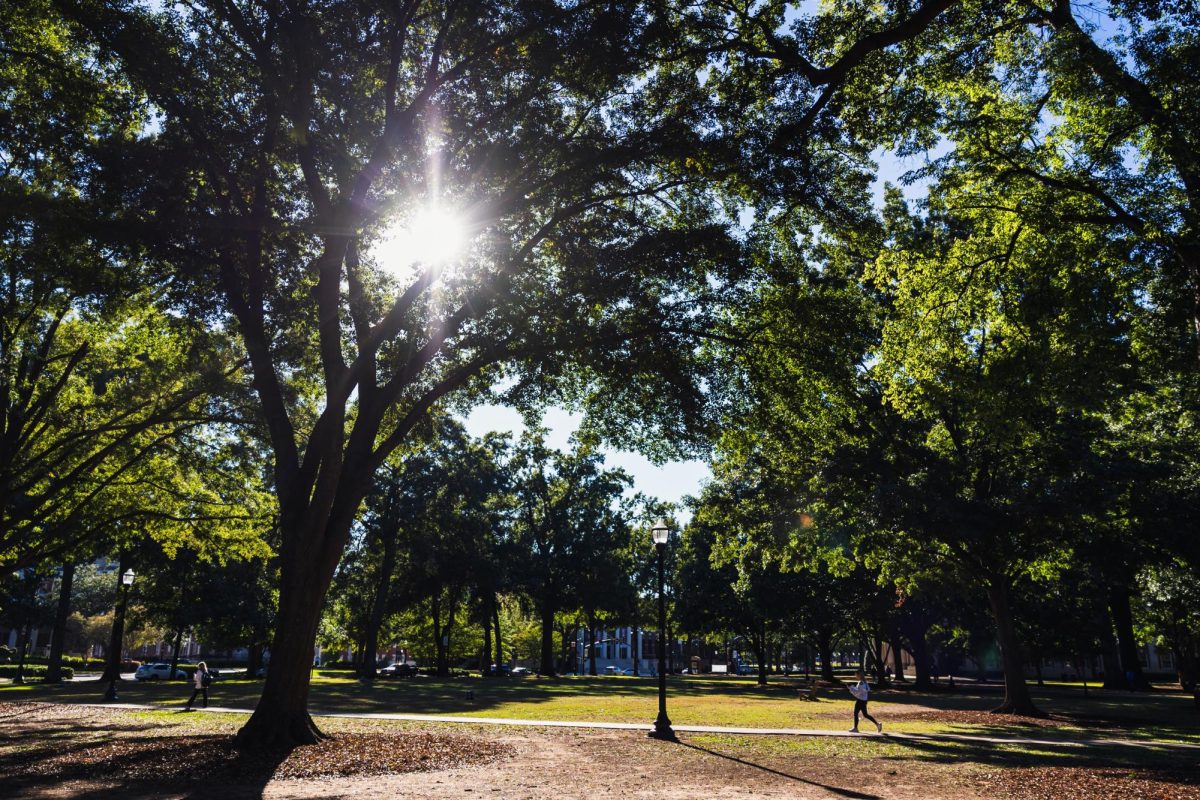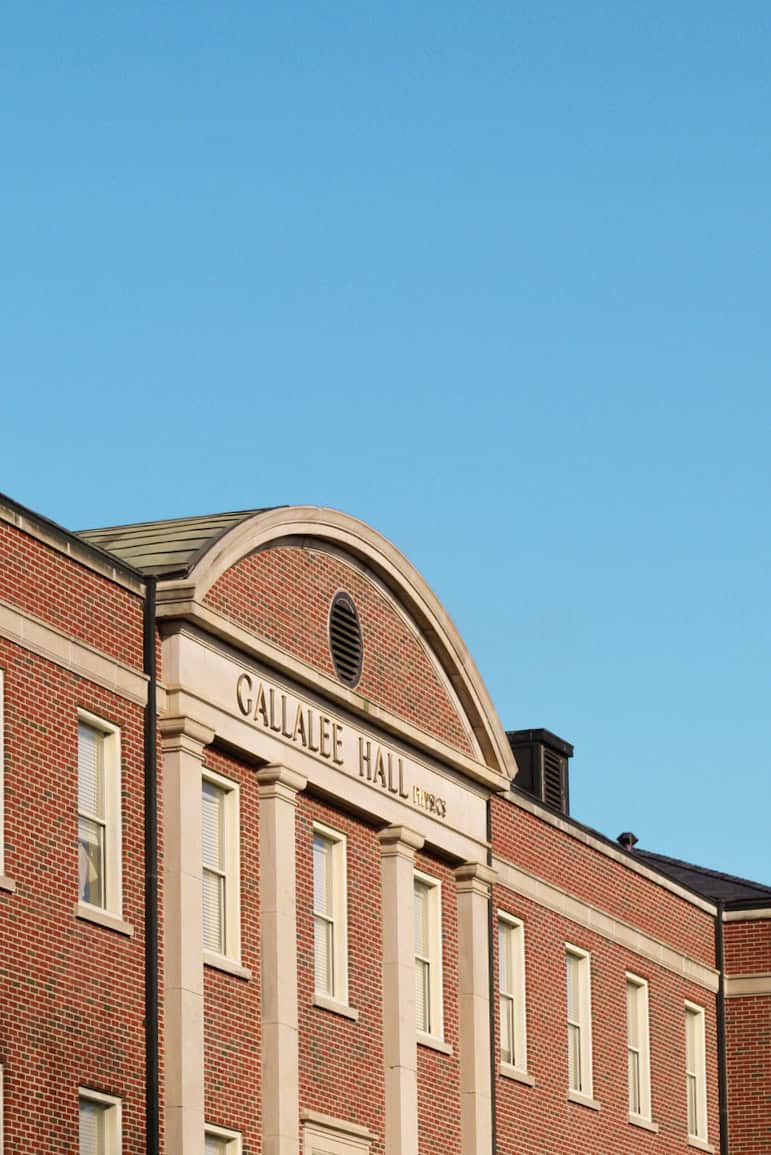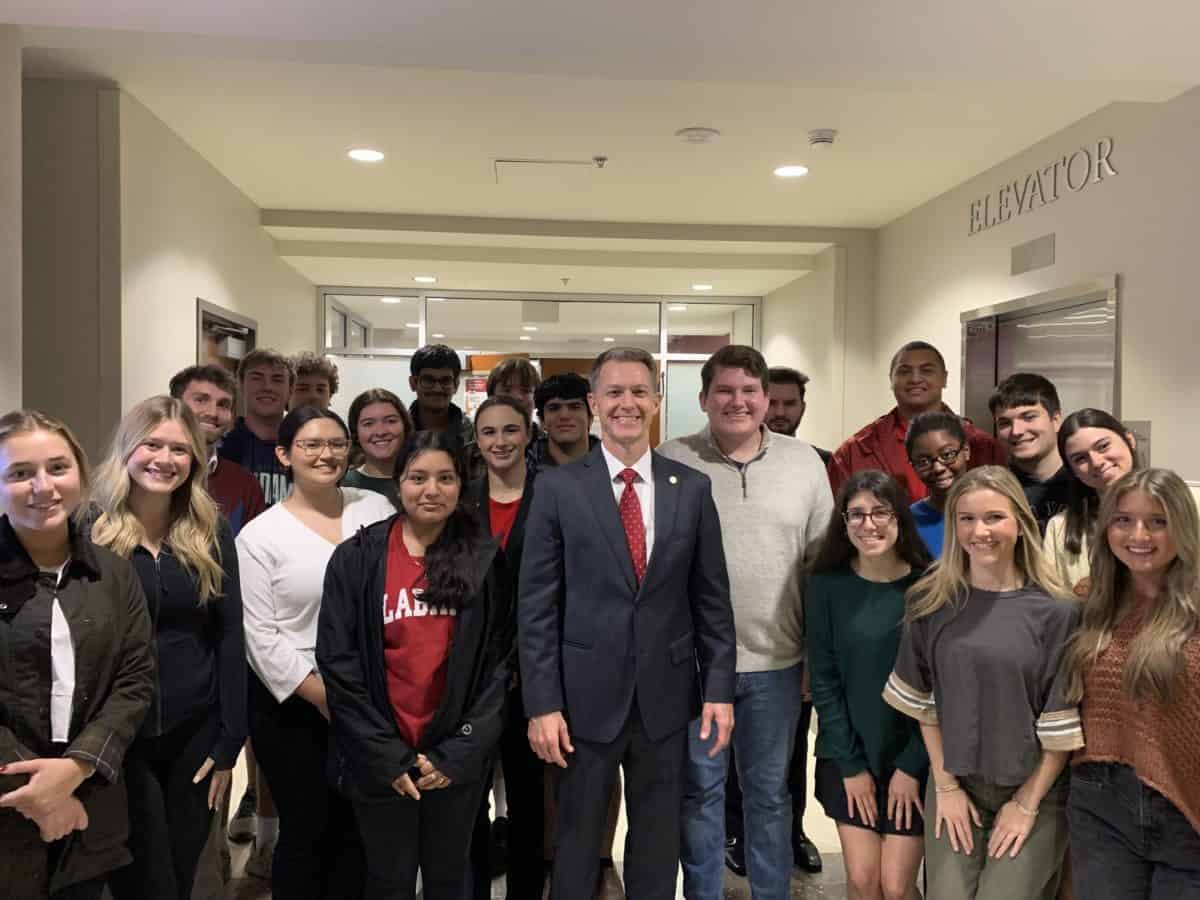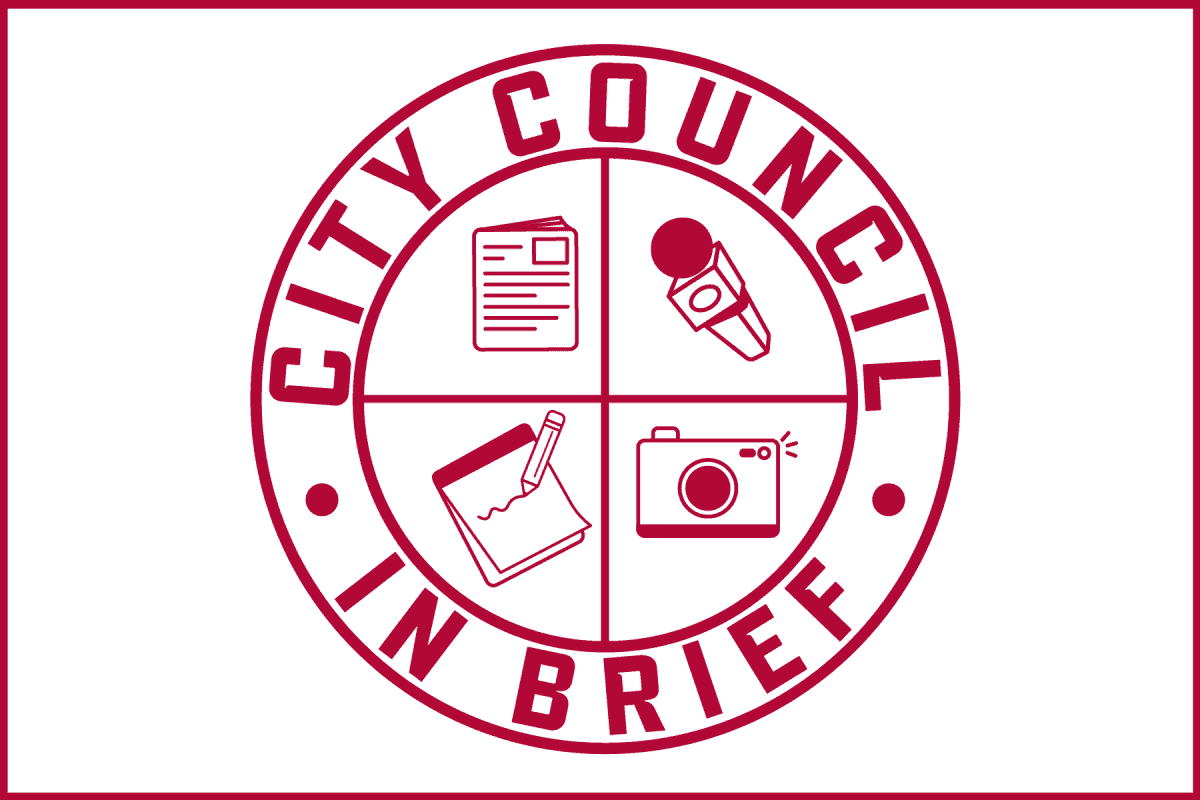A year after the Israel-Hamas war began, students on campus are still feeling the impact of the Oct. 7 attacks that started the war and the subsequent Israeli invasion of the Gaza Strip.
Student activists have formed several groups to protest the war on both sides, and pre-existing student organizations have held memorials and events to honor the victims of the war.
“I would say that every Jewish student has been affected by Oct. 7,” said Sarah Wilk, a junior majoring in creative media serving as a representative for Bama Hillel, a Jewish student group on campus. “Jews are 0.2% of the world’s population, so it’s very common for Jews in Israel to have family friends in America. It’s really not that hard for Jewish students to have some sort of connection to the American hostages.”
The Israel-Hamas war began on Oct. 7, 2023, when various militant groups led by Hamas attacked Israel territory along the Gaza Strip. Over 1,200 Israelis were killed, and 251 people, including 10 American citizens, were taken hostage. The Israeli government has since invaded the Gaza Strip to retrieve the hostages and defeat Hamas, although the campaign has led to the deaths of over 42,000 Palestinian civilians. The International Court of Justice has referred to Israel’s actions as a possible genocide. Karim Ahmad Khan, an International Criminal Court prosecutor, has released warrants for the arrest of leaders of both Israel and Hamas.
New student organizations have been formed on campus, such as Students Supporting Israel, Bama Students for Palestine and Jewish Voice for Peace.
Jewish Voice for Peace and Students Supporting Israel are both two student groups that formed an on-campus presence this year. While Jewish Voice for Peace doesn’t have an on-campus organization, UA students are involved with the Central Alabama chapter of the organization.
Students Supporting Israel, a currently unregistered student organization, stated its goal was not to protest or counter-protest, but to inform the students about the conflict.
“I’m Israeli-American, and my dad’s side of the family is from Israel and in Israel. I know people that were taken on Oct. 7, so it’s a very personal thing to me,” said Tamar Oren, the founder of Students Supporting Israel’s UA chapter. “I know that I would not be okay with myself, having pro-Palestinians protesting on campus and me not being there to tell them how I feel about the situation.”
Prior to the Oct. 7 attacks, there were no dedicated pro-Palestinian student organizations at the University. Bama Students for Palestine, an unregistered student group dedicated to Alabama student solidarity with Palestine, formed in fall 2024 as an offshoot of the Leftist Collective with the intention of furthering pro-Palestinian causes on campus. The group organized a protest on campus in solidarity with Palestinians on Sept. 24.
“Our biggest goal right now with the group is a disclosure of all investments by UA into the Israeli occupation,” said Isabella Cornelius, a senior majoring in news media who is the media liaison for Bama Students for Palestine. “We don’t know how much money the University is spending on stocks for companies involved in the Israeli apartheid state. That money could be divested and put into scholarships, towards infrastructure, anything besides genocide.”
The University has previously not responded to requests for comment on investments in companies affiliated with the Israeli government.
Jewish students and organizations were grateful for the low amount of anti-semitism from protests organized by pro-Palestinian organizations on campus.
“We’re just lucky to have the support that we have here,” said Lisa Besnoy, the executive director of Bama Hillel. “The University and student body as a whole, whether or not they agree with what is happening here, are very supportive of the community.”
However, some Palestinian students have felt ostracized by students’ reactions to them.
“A lot of the time when talking about being Palestinian, I don’t even know if I should bring it up to people, because you don’t know where they lie,” said Marwan Salem, a Palestinian-American freshman majoring in computer engineering who is unaffiliated with any political groups on campus. “They could see us as bad guys and hate all Palestinians.”
Both pro-Israeli and pro-Palestinian organizations have stated their commitment to exchanging dialogue and spreading awareness on campus about the conflict since the war broke out.
“The whole point of us being here is to educate others about what we’re doing and who we are as a people and nation,” Oren said. “I’m so open to having conversations with pro-Palestinians. I want to know their side of things and also want them to be able to listen to my side.”
Students unaffiliated with the activism on campus, such as Salem, also vouched for dialogue.
“I think both sides of it just bear a growing hatred for each other. It’s understandable, it’s a horrible history,” Salem said. “You have to have a better understanding of others’ suffering.”



